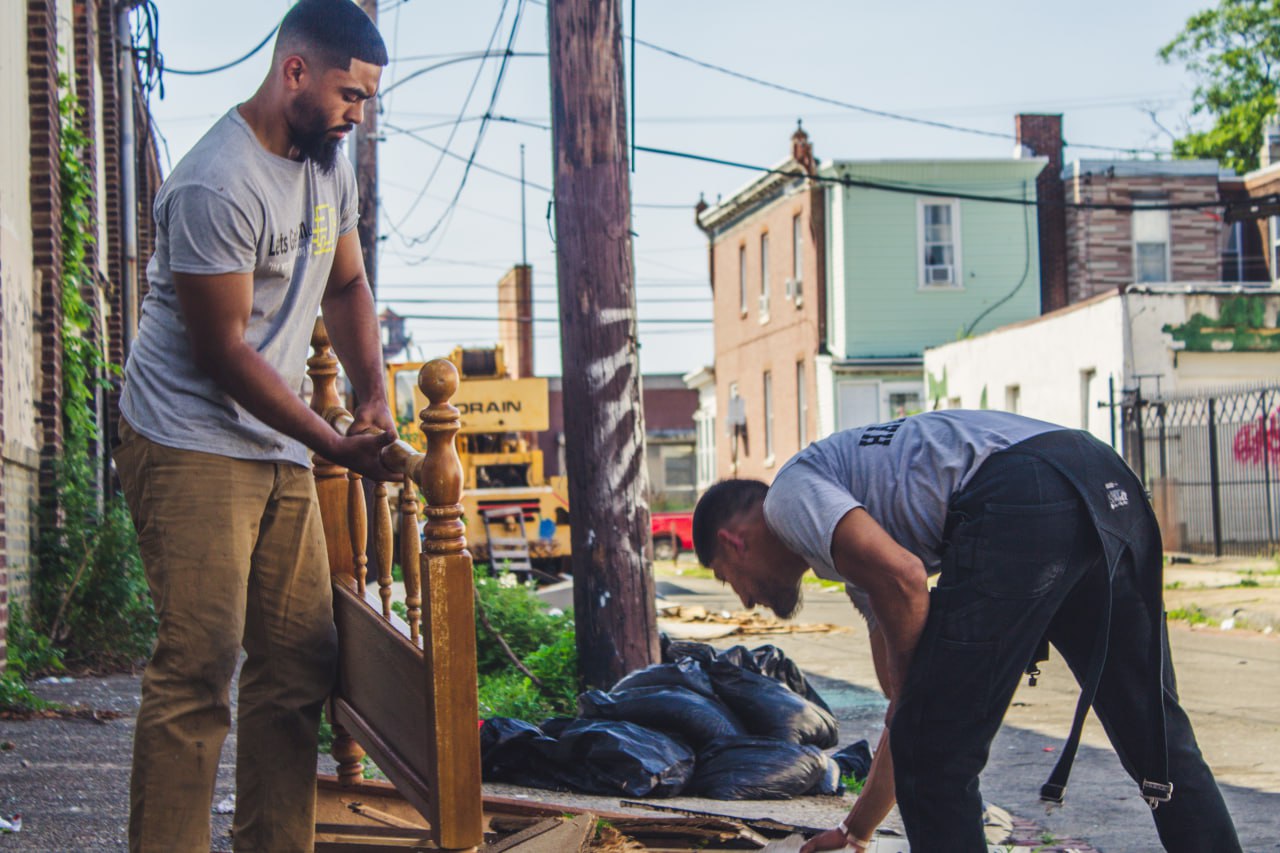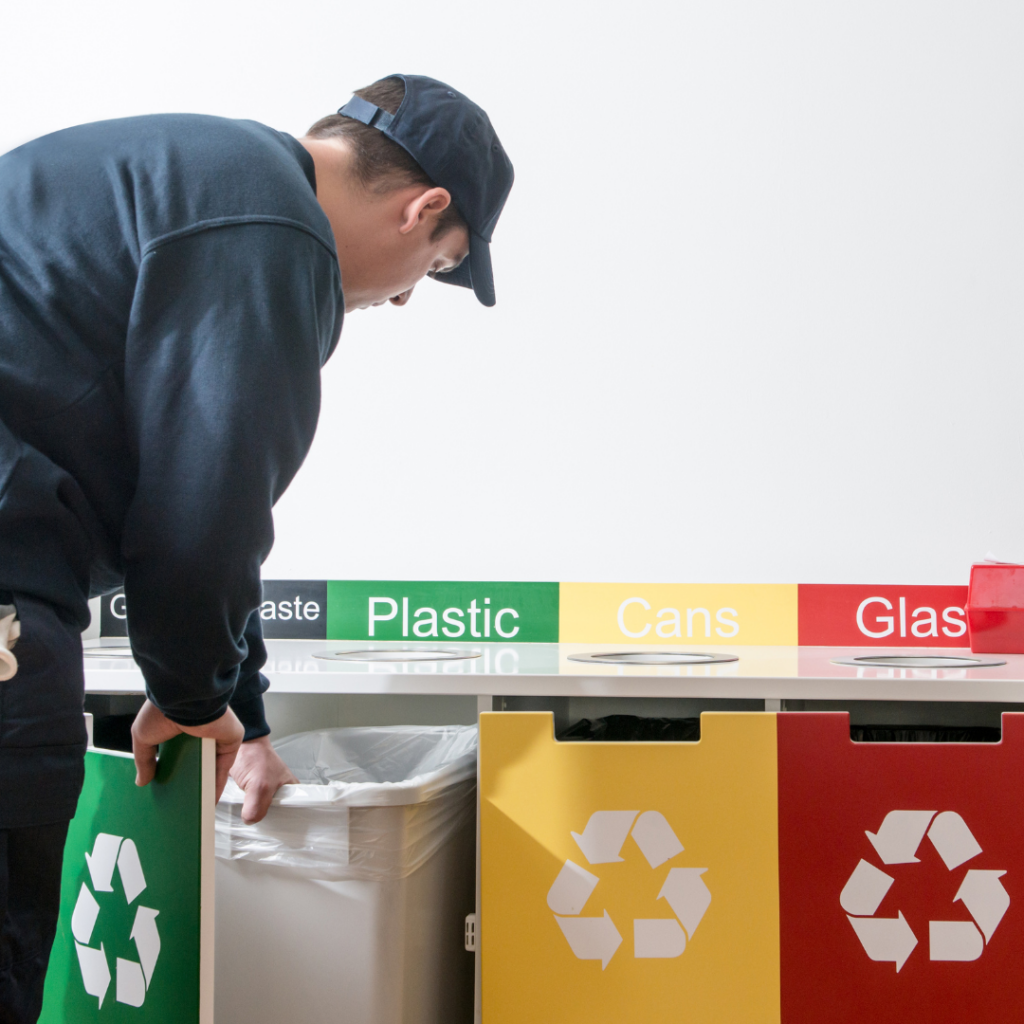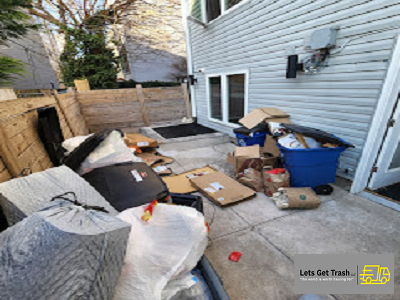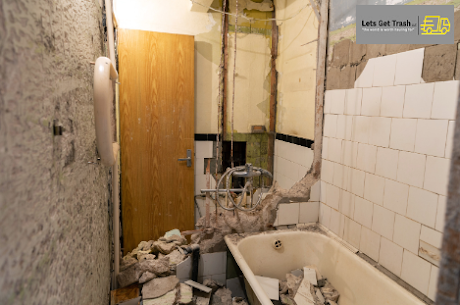Exploring the intricate journey of waste management is a journey in itself. Delving into Let’s Get Trash’s waste management process unveils a fascinating narrative of transformation and sustainability. From its inception to the final destination, waste navigates through a complex network of systems and technologies, each playing a crucial role in its management and disposal. Understanding this process sheds light on the challenges and innovations driving modern waste management practices. Join us as we unravel the layers of this journey, examining the methods employed by Let’s Get Trash to minimize environmental impact and maximize resource efficiency. Get ready to embark on an enlightening exploration of waste management’s inner workings.
Understanding Waste Management

It encompasses a series of interconnected processes aimed at responsibly handling, treating, and disposing of waste materials. From the initial collection phase to the final disposal, every step plays a crucial role in minimizing environmental impact and maximizing resource efficiency. Effective waste management involves not only the physical removal of waste but also the careful sorting and segregation of materials to facilitate recycling and repurposing. It requires adherence to strict regulations and the adoption of innovative technologies to ensure that waste is handled safely and ethically. Ultimately, a comprehensive understanding of waste management is essential for individuals, businesses, and communities alike to contribute towards a sustainable future for generations to come.
Types of Waste

Waste comes in many forms, each presenting its own challenges and opportunities for management. Let’s explore the various types of waste that Let’s Get Trash encounters in their debris removal services:
- Household Waste: This includes everyday items like food scraps, packaging materials, and old furniture. Let’s Get Trash specializes in efficiently collecting and disposing of household waste, ensuring minimal impact on the environment.
- Construction and Demolition Debris: From rubble and concrete to lumber and metal scraps, construction and demolition sites generate significant amounts of waste. Let’s Get Trash employs specialized equipment and expertise to handle these materials safely and responsibly.
- Commercial Waste: Businesses produce a wide range of waste, including paper, cardboard, and electronic equipment. Let’s Get Trash offers tailored solutions for commercial clients, helping them manage their waste streams efficiently and sustainably.
- Industrial Waste: Industries such as manufacturing and production generate large volumes of waste, often containing hazardous materials. Let’s Get Trash has the expertise to handle industrial waste safely, mitigating risks to the environment and public health.
- Hazardous Waste: Certain materials, such as chemicals, batteries, and medical waste, require special handling due to their potential harm to human health and the environment. Let’s Get Trash ensures that hazardous waste is treated and disposed of in accordance with strict regulations.
- Organic Waste: Organic waste, including food scraps and yard trimmings, can be recycled into valuable compost or energy through anaerobic digestion. Let’s Get Trash promotes composting and other organic waste management practices to minimize landfill usage and promote sustainability.
- E-Waste: Electronic waste, or e-waste, poses unique challenges due to its complex composition and potential for environmental contamination. Let’s Get Trash offers e-waste recycling services, responsibly dismantling and recycling electronics to recover valuable materials while preventing pollution.
By understanding the different types of waste and implementing tailored solutions for each, Let’s Get Trash effectively manages the diverse waste streams encountered in their debris removal services, contributing to a cleaner and healthier environment.
Key Components of Waste Management
Waste Generation
The first component of waste management is understanding the sources and factors contributing to waste generation. This includes residential, commercial, industrial, and agricultural activities that produce waste in various forms, such as solid, liquid, and gaseous.
Waste Collection
Once waste is generated, it needs to be collected efficiently to prevent environmental pollution and public health hazards. Waste collection involves the systematic gathering of waste from households, businesses, and public spaces using specialized equipment and transportation vehicles.
Waste Segregation and Sorting
After collection, waste undergoes segregation and sorting to separate recyclable materials from non-recyclable ones. This process is essential for maximizing resource recovery and minimizing landfill usage. Advanced technologies, such as automated sorting systems and manual sorting facilities, are employed to categorize different types of waste.
Recycling and Repurposing
Recycling is a cornerstone of sustainable waste management, where recyclable materials such as paper, plastic, glass, and metals are processed and transformed into new products. Repurposing involves finding alternative uses for discarded materials, extending their lifespan and reducing the demand for virgin resources.
Composting and Organic Waste Management
Organic waste, including food scraps, yard waste, and agricultural residues, can be composted to produce nutrient-rich soil amendments. Composting not only diverts organic waste from landfills but also promotes soil health and reduces greenhouse gas emissions.
Collection Phase
The collection phase of waste management is a crucial step in ensuring a clean and sustainable environment. It involves the systematic gathering of various types of waste from different sources, ranging from residential areas to industrial sites. This process requires precision and efficiency to effectively remove debris while minimizing disruption to surrounding areas. During this phase, specialized equipment and trained personnel are deployed to handle different types of waste safely. From bulky construction materials to hazardous substances, each item is carefully handled according to established protocols to prevent accidents and environmental harm. Furthermore, the collection phase is not just about removing waste—it’s also an opportunity to educate the community about proper disposal practices and the importance of recycling. By raising awareness and promoting responsible waste management habits, we can all contribute to a cleaner, healthier planet for future generations.
Sorting and Segregation
Sorting and segregation form a pivotal stage in the waste management process, ensuring the efficient allocation of resources and minimizing environmental impact. This crucial step involves categorizing waste into distinct groups based on its composition and properties. Trained professionals employ various techniques, including manual sorting and automated systems, to separate recyclable materials, organic waste, and hazardous substances. By carefully segregating waste at this stage, valuable resources can be recovered for recycling or repurposing, reducing the strain on natural resources and mitigating pollution. Additionally, proper segregation facilitates responsible disposal of non-recyclable waste, preventing contamination and promoting public health. Through rigorous sorting and segregation practices, waste management organizations contribute significantly to sustainability efforts, fostering a cleaner and healthier environment for present and future generations.
Conclusion
Let’s Get Trash has provided a revealing insight into the intricate journey of waste management. From the initial collection to responsible disposal, their dedication to efficiency and environmental consciousness shines through. By offering comprehensive debris removal services in Philadelphia, PA, Let’s Get Trash not only addresses the immediate needs of their clients but also contributes positively to the community and ecosystem. With their commitment to sustainable practices and reliable customer service, Let’s Get Trash stands as a beacon of excellence in the waste management industry. Whether it’s residential, commercial, or construction debris, their streamlined process ensures that every waste item is handled with care and disposed of responsibly. For efficient, trustworthy waste management solutions, look no further than Let’s Get Trash – your partner in maintaining cleanliness and sustainability. Contact them today at (215) 791-6239 to experience their exceptional services firsthand.






